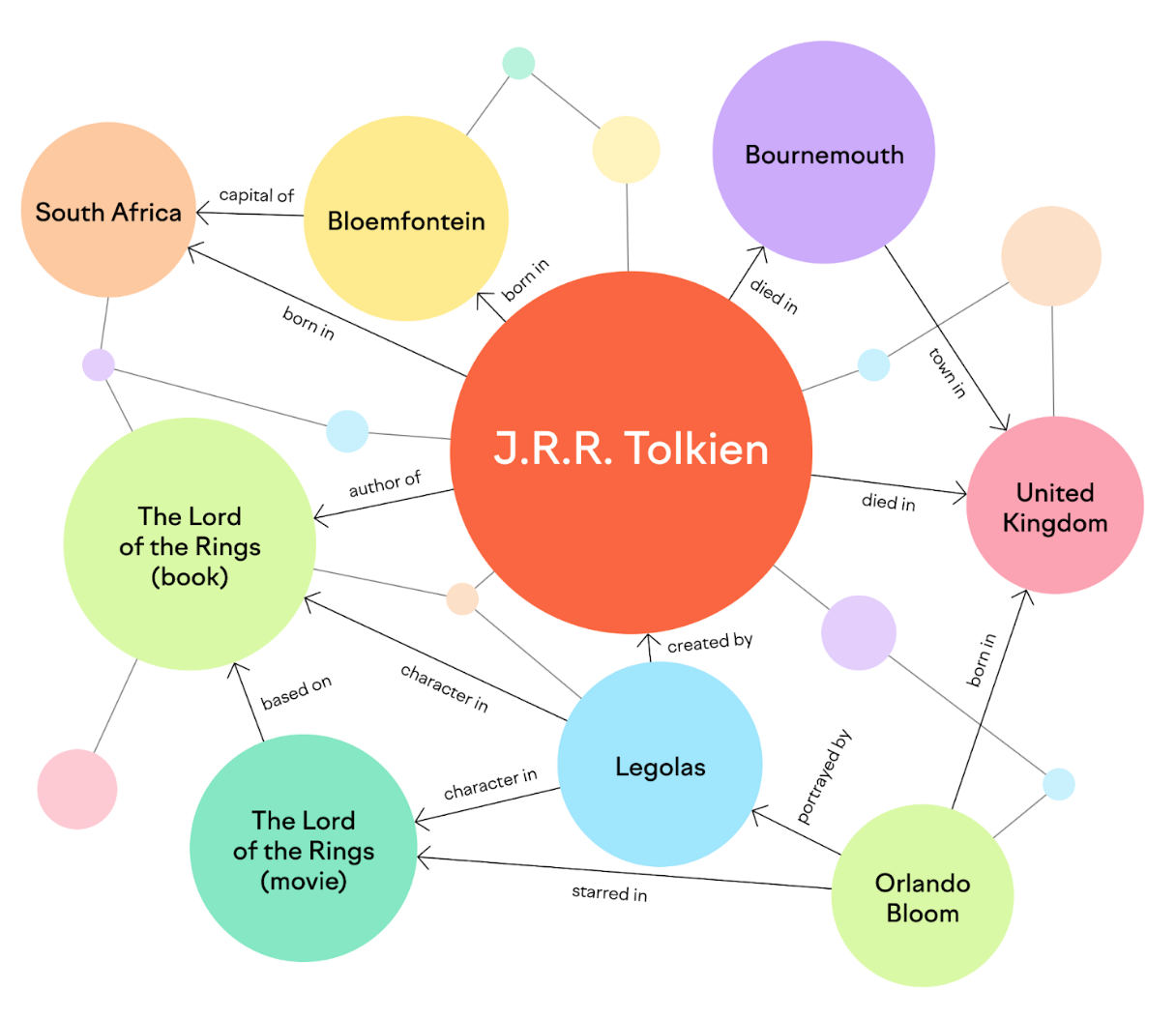HP® LaserJets have unmatched printing speed, performance and reliability that you can trust. Enjoy Low Prices and Free Shipping when you buy now online.
What is Semantic Search?
Semantic search is about searching content using natural language, exactly the way Google does. When using semantic search, you don't need to search for exact keywords (also known as keyword search) as the AI is able to understand your request and interpret it.
Let's say that you are an HP printers reseller and that you have have thousands of documents like technical descriptions about printers, prices, terms of service... Maybe you want to make it easy to search these documents on your e-shopping website? See these 3 short documents for example:
Every HP LaserJet comes with a one-year HP commercial warranty (or HP Limited Warranty).
HP LaserJet ; Lowest cost per page on mono laser printing. · $319.99 ; Wireless options available. · $109.00 ; Essential management features. · $209.00.
Now, imagine that one of your customers asks the following question on your e-shopping website:
How long is the warranty on the HP Color LaserJet Pro?
The semantic search AI model will return the following in the blink of an eye:
Every HP LaserJet comes with a one-year HP commercial warranty (or HP Limited Warranty).
Maybe your customer did not ask a properly formed question? No problem, a query like this would work too:
period warranty HP Color LaserJet Pro
So as you can see, semantic search is much more advanced than the traditional keyword search, as you can ask questions in natural language like you would do with a human. Additionally, semantic search AI is very good at performing disambiguation (understanding the meaning of a word thanks to its context).
Semantic search is a very good solution when it comes to searching and performing question answering on your own data, because it is both blazing fast and accurate.
If you want to answer questions about a large corpus of internal domain knowledge, you might want to set up a Retrieval Augmented Generation (RAG) system. In that case please read our dedicated article about RAG: read it here.
Semantic search can be achieved by populating a vector database with embeddings, which is the approach that vector database providers like Pinecone or Milvus use. But for the most advanced response times, you will want to create your own semantic search model and deploy it on a GPU, which is what we do at NLP Cloud.
